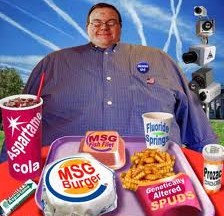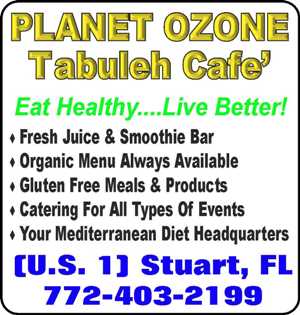Fast Food King or Queen – Level Two of the Healthy Living Steps
Many of us eat fast food more often than we care to admit, but how do you know if you are addicted to fast food or even just over doing it.
“Food addiction and drug addiction aren’t all that different.”
ALSO; constant advertising, easy availability, fast access and the low cost of the “fast food” figure in to the addiction or the over eating of this modern day convenience food group.
Fast food may include convenience store ready to eat food as well as most traditional drive-ins, fast food chains and processed frozen meals (TV dinners).
A fast food junkie can be defined as someone who fits into one of the following categories:
1) Eating fast food once per day means you probably are over eating and over dependent on fast food which says you have a “Mild Fast Food Problem”.
2) Eating fast food eight to twelve times per week means you probably are in the beginning stages of being a fast food junkie which says that you are a “Fast Food Junkie” and are probably suffering from mal-nutrition and possibly causing damage to your digestive tract as well as setting yourself up for long term ill health.
3) Eating fast food thirteen times or more per week means you probably are a full blown “Fast Food Junkie” and says that you are suffering from some type of mal-nutrition and are experiencing long term health issues (either apparent or hidden).
4) Eating fast food and /or standard frozen (TV) dinners everyday and almost for every meal means you probably should seek professional help as soon as possible. Professional help means seeing a doctor and explaining to him your past fast food diet and request a health check up and then see a professional nutritionist for a recommended diet.
Here are some suggestions:
It’s not easy to break the junk food habit but it can be done. In a nutshell, you want to limit your access to the foods that do damage, but still allow yourself the occasional treat. Soon, you’ll be amazed at how good – and how thin – you feel.
Out of sight out of mind. This goes beyond keeping the chips and cookies out of your house. It’s also helpful to limit the amount of advertising you see. The more fast food commercials you’re bombarded by, the more likely you are to seek it out.
Eat carbs, protein and fat at every meal. When you eat meals that lack one kind of food, you’re likely to want it later.
Call a friend. If your cravings are stress related, talking will help you deal with the problem. Once you’ve done that, you won’t feel compelled to reach for comfort foods.
Give in once and awhile. If you never have a treat, you’ll just want it more. So, it’s better to savor a bite of chocolate today than it is to wolf down a couple of candy bars tomorrow.
According to Dr. Sam Sugar of The Pritikin Longevity Center, food addiction and drug addiction aren’t all that different. Why? Because the hormones that regulate eating also regulate activity in the part of the brain that’s responsible for drug addiction. It doesn’t matter whether that part’s stimulated by cocaine or cheesecake. It craves more of any substance that made it feel good. Unfortunately, some foods are more addictive than others. So, you’re more likely to crave chocolate than you are broccoli. That’s because sugar spikes production of the body’s feel-good chemical dopamine. If you’ve ever wondered why those fast food value meals are so hard to resist, it’s because cheese and salt are addictive, too. So the challenge now becomes overcoming those cravings.
Dementia, The New Junk Food Danger?
Health Level Three of Healthy Living Steps; Frozen Dinners, Chips, Sodas and Processed Grocery Store Items.


 Click On Above Ad to Go To Website
Click On Above Ad to Go To Website

